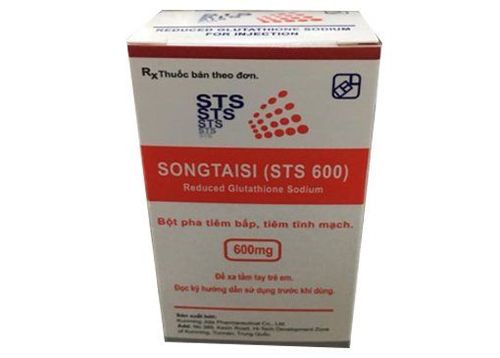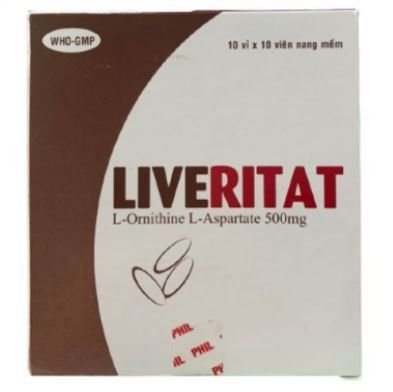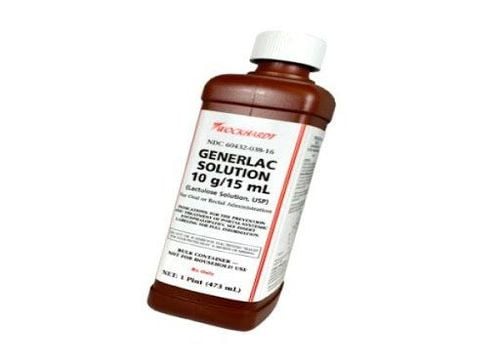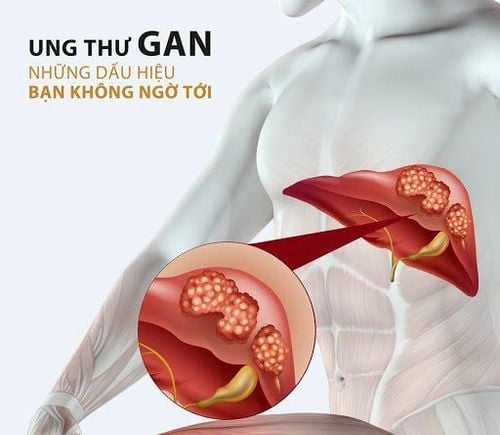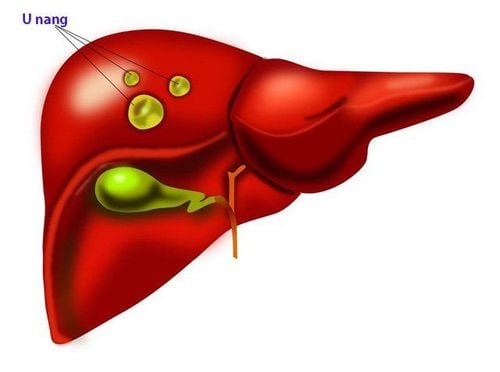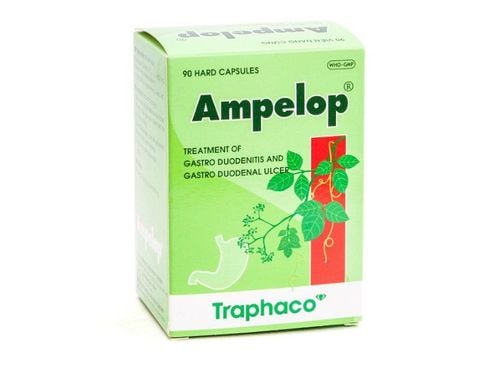This is an automatically translated article.
The article was professionally consulted by Specialist Doctor I Vo Thi Thuy Trang - Gastroenterologist, Department of Medical Examination & Internal Medicine - Vinmec Danang International Hospital.Alcohol in general is the most commonly used alcoholic beverage today. We all know that drinking alcohol is bad for our health, but the reality is that very few people fully understand how alcohol harms the liver?
1. Alcohol metabolism in the body
Alcohol when ingested will be absorbed in the gastrointestinal tract: 20% in the stomach and 80% in the small intestine and enter the bloodstream. When entering the body, only about 10% of alcohol from alcohol is eliminated through urine, sweat and breath.Up to 90% of the remaining alcohol goes straight to the liver. Here, the alcohol will be processed by the liver cells and carry out the detoxification process before being excreted out. However, the detoxification capacity of the liver is not infinite, healthy liver cells can only filter a limited amount of alcohol per hour, if the alcohol concentration is too high, it requires the liver to It takes longer to process them.
According to studies, the liver will detoxify about 7g of alcohol in 1 hour, so to detoxify the alcohol of a 330ml can of beer takes an average of 85 minutes. That is with normal healthy livers, with liver failure due to disease or prolonged alcohol abuse, the liver's ability to filter and detoxify will be greatly reduced.
In the liver, under the action of the enzyme ADH, ethanol (alcohol) in alcohol will be converted into acetaldehyde, which is an intermediate toxic metabolite to the body. Next, under the action of other enzymes in the liver, the oxidation process will take place to help acetaldehyde change into acetic acid, then decompose into CO2 and water to be excreted.
If liver cells are overloaded, alcohol converts to acetaldehyde but does not continue to convert to acetic acid, then the accumulation of acetaldehyde will be a very toxic substance not only for the liver but also neurotoxicity, vision, stomach. , Digestive...
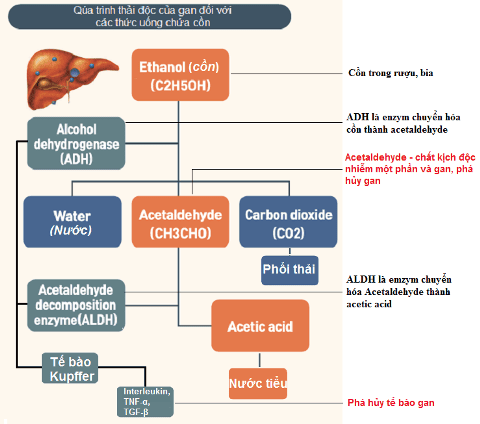
2. What is the effect of alcohol on the liver?
Theoretically, how does alcohol damage the liver? Using even a small amount of alcohol still affects the antioxidant enzymes of the liver, making them weak, then millions of free radicals will be formed, causing chains of damage to the liver.In fact, long-term drinking will cause the liver to gradually degrade, liver enzymes increase leading to hepatitis, cirrhosis, even death due to gastrointestinal bleeding, liver failure... The more alcohol you drink, the more alcohol you drink. increased risk of liver disease. Some common liver diseases are as follows:
2.1. Fatty liver Fatty liver is a liver disease that accounts for 90% of cases of alcoholic liver disease. The amount of alcohol loaded into the body is too much, the amount of fat in the liver will increase, if not detected and treated, it may progress to alcoholic hepatitis, alcoholic cirrhosis.
2.2. Alcoholic hepatitis A mild disease often has no typical symptoms, only found to have liver disease when there is an increase in liver enzymes in the blood. Chronic alcoholic hepatitis causes liver cells to gradually weaken, leading to cirrhosis.
2.3. Cirrhosis Cirrhosis is a condition in which the liver is fibrous, where the fibrous liver tissue replaces the normal tissue, the liver will lose its inherent functions. The fibrous tissue also prevents the normal flow of blood to the liver.
This process is prolonged without measures to improve it will lead to an increase in fibrous tissue cells that exceed the ability of the liver to regenerate, forming permanent scar tissue that cannot be restored. In patients with severe cirrhosis, portal hypertension syndrome will appear with symptoms: ascites, collateral circulation... The most dangerous is the risk of liver cancer.
2.4. Liver cancer This is the most dangerous liver disease that develops on the background of cirrhosis. Most liver cancer patients are only detected when the tumor size is large and accompanied by obvious symptoms. Untreated liver cancer will die after 6-12 from the first symptoms, progress to severe liver failure leading to hepatic coma, severe bleeding.
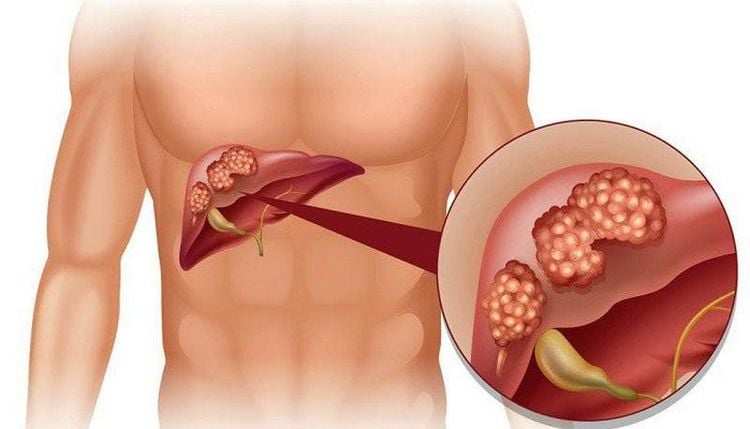
3. Measures to help protect liver health
To prevent liver disease, the most important thing is to give up alcohol. For alcoholics, it is important to start reducing the amount of alcohol during the week.Build a healthy diet, supplement vitamins and minerals, reduce the use of drugs, foods that are harmful to the liver (hot, fried, fried, spicy...).
Regular exercise to burn fat, reduce liver fat: aerobic exercise, walking, cycling, swimming, weight training improves liver function, strengthens heart muscle, improves blood flow, makes heart Easily transport blood to nourish the liver.
Besides, to minimize the harmful effects of alcohol, experts recommend that men should not drink more than 2 units of alcohol / day, and no more than 1 unit of alcohol / day for women, both men and women do not drink more than 5 days/week. In which, 1 unit of alcohol is equivalent to 10g of pure alcohol in the beverage solution, equivalent to 3/4 of a 330ml can of beer (5% alcohol content), 100ml of wine (13.5%) or 30ml of spirits. 30ml (alcohol 40%).
If liver disease is at a late stage, the liver completely loses its function, cells cannot recover and complications into cirrhosis, liver cancer, the mortality rate is very high. Most patients with cirrhosis and liver cancer only live 1-3 years, so screening for hepatobiliary disease every 3-6 months is essential.
Vaccinating against viral hepatitis and equipping yourself with knowledge to protect yourself from infection are also ways to protect liver health.
Please dial HOTLINE for more information or register for an appointment HERE. Download MyVinmec app to make appointments faster and to manage your bookings easily.





